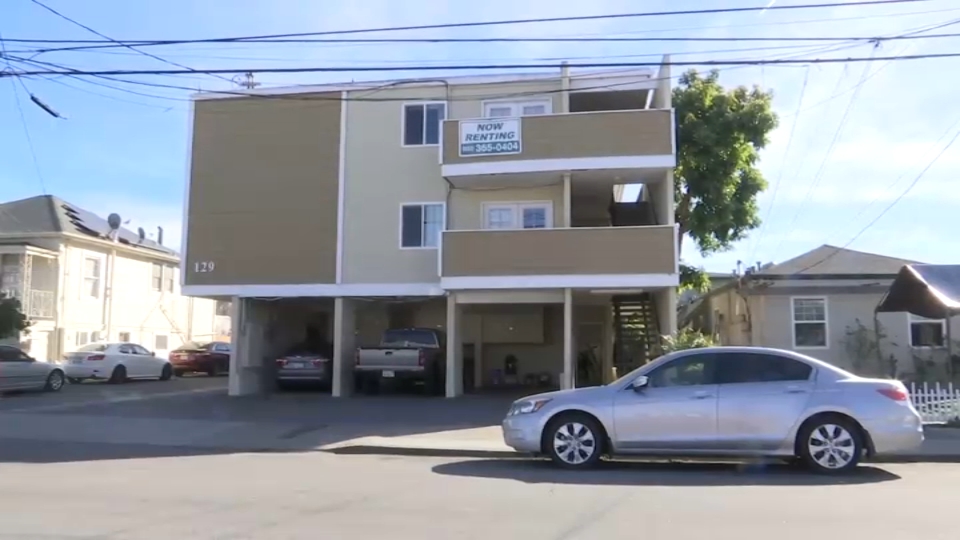Despite a long-running affordable housing shortage, new numbers show there has not been a single new apartment project in the South Bay this year.
Developers last year broke ground on thousands of new apartments around the South Bay. But this year, the building has stopped completely with zero new apartment projects in 2023, according to real estate analytics company CoStar.
"Nationally there was a huge surge in development of multi-family units last year and that's slowing down right now nationally," said Nigel Hughes, senior director of market analytics for CoStar.
The new numbers also show the San Francisco and Oakland metro areas are lagging behind last year as well.
Analysts said there are a number of reasons why building for new apartments has stopped: rising interest rates, stubbornly high labor costs, and slowing demand as more people move out of the area.
"Lenders are a little more careful on who they lend to and of course, the likes of First Republic and other banks are not around to play the role in the market they played previously," Hughes said.
But it's not all doom and gloom. CoStar notes there are still thousands of apartments that will be finished in the next two years.
Sandy Perry with the Affordable Housing Network in the South Bay said it is simply not enough, particularly for those in need of affordable housing.
"There's homelessness everywhere," Perry said. "There's people moving out of the area because they can't afford housing. Something needs to be done."
Get a weekly recap of the latest San Francisco Bay Area housing news. Sign up for NBC Bay Area’s Housing Deconstructed newsletter.
Perry said it has been a disappointing trend that complicates the state's goal of building 2.5 million new units over the next seven years.
Cities are mandated to do their part through zoning and approving plans, but it does not mean much if builders do not build.
"The private housing industry is not interested in housing our people, they're interested in making money," Perry said. "That's the way the system works. That's why we need government intervention to provide housing that people can afford."
Perry fears as supply drops, rents will rise again in what is already one of the least affordable housing markets in America.



